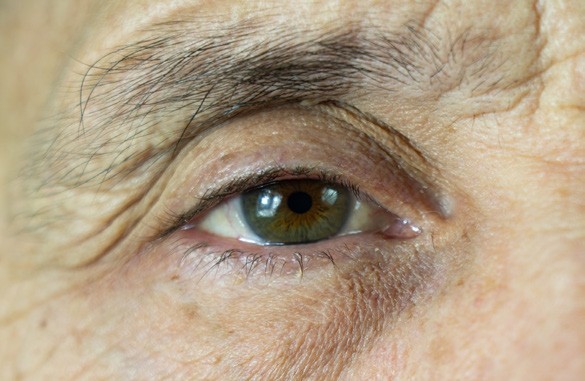Future Focus
Regeneron announces two-year results from PULSAR trial for wet age-related macular degeneration
Regeneron Pharmaceuticals has announced positive, two-year, topline results from its PULSAR trial assessing aflibercept 8mg for the treatment of patients with wet age-related macular degeneration (wAMD).
Among patients who completed the two-year follow-up to treatment 88% were on a >12-week dosing interval, 78% maintained a 12-week dosing interval throughout the two-year period and 71% met the extension criteria for longer dosing intervals.
The trial was double-masked and active-controlled, intending to evaluate the non-inferiority of aflibercept 8mg 12-week and 16-week dosing regimens compared to an 8-week dosing regimen of Eylea (aflibercept) injection. The PULSAR trial met its primary endpoint last year when all patients achieved clinically equivalent vision gains to Eylea. Results at two years remained mostly consistent with those at a year.

“It is great to see aflibercept 8mg deliver another set of exciting results. In the PULSAR trial, aflibercept 8mg achieved impressive durability, while importantly maintaining visual acuity gains from year one through year two. These data are consistent with the results from the PHOTON trial in diabetic macular oedema, with both trials demonstrating a consistent safety profile with substantially fewer treatments than Eylea,” commented Charles C Wykoff MD PhD, director of research at Retina Consultants of Texas and an investigator on this trial. “If approved by regulatory authorities, aflibercept 8mg has the potential to become the new standard of care for diabetic macular oedema and wAMD.”
George D Yancopoulos MD PhD, board co-chair, president and chief scientific officer at Regeneron, added: “Through one and two years of treatment, aflibercept 8mg has repeatedly demonstrated unprecedented durability in maintaining clinically meaningful outcomes with extended dosing regimens for patients with retinal disease. Throughout the development of aflibercept 8mg, we have focused on meaningfully transforming the treatment of retinal disease for patients. With PHOTON and now PULSAR, we are proud to have produced landmark, long-term results that may help to reduce the treatment burden for the millions of people living with wAMD and diabetic macular oedema around the world.”
The two-year data from the trial is expected to be shared at an upcoming medical meeting.